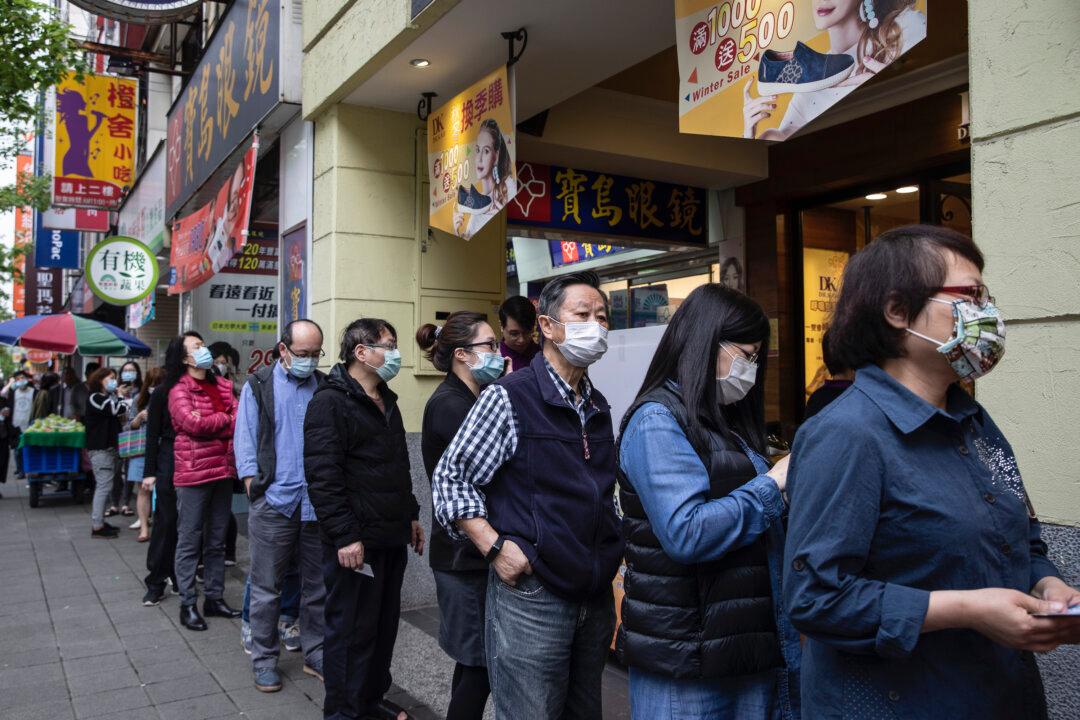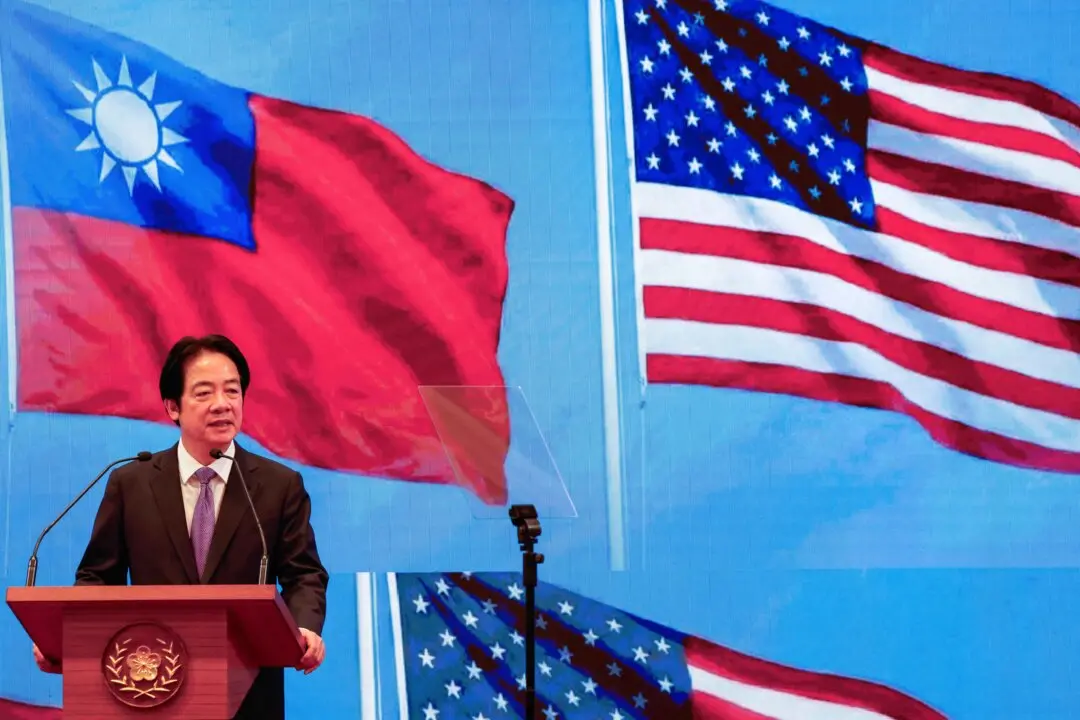TAIPEI, Taiwan—After U.S. President Donald Trump publicly voiced concerns about the validity of China’s virus data, a Taiwanese professor explained why the Chinese regime’s figures were unreliable.
“You don’t know what the numbers are in China,” Trump said during a Thursday press conference, when asked by a reporter whether he was surprised that the United States now has more confirmed cases of the Chinese Communist Party (CCP) virus than what China has officially reported.




